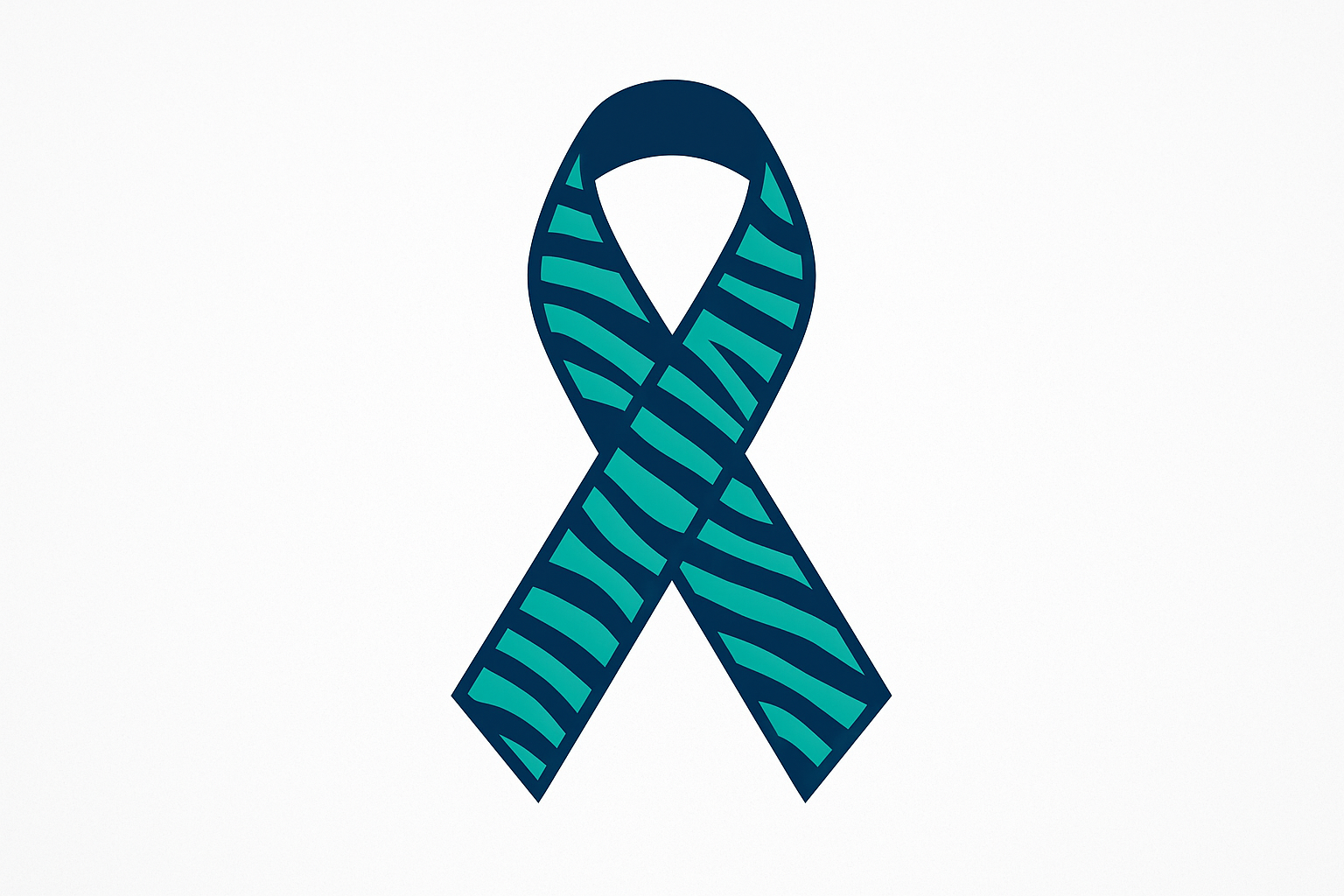Erdheim-Chester Disease, also called ECD, is a very rare kind of blood cancer. It is so rare that some medical articles estimate that only about 2,000 cases around the world have been documented.
Our bodies have special cells called histiocytes. Normally, these cells help fight infections and keep us healthy. But in ECD, histiocytes don’t work the way they should. Instead of helping, they grow too much and build up inside different parts of the body .
When these extra cells pile up, they can cause swelling and make tissues thick and stiff. This can hurt the way organs work. Depending on the person, ECD may affect only a few parts of the body, or it can spread to many places.
What Parts of the Body Can Be Affected?
ECD can affect many organs, including:
- Bones – sometimes causing pain in the legs or arms.
- Kidneys – they may look different on scans, often called a “hairy kidney” appearance.
- Heart and blood vessels – the heart can get surrounded by these cells, making it harder to work properly.
- Brain – which may affect balance, memory, or other functions.
- Skin, lungs, and other organs may also be involved.
Why Is It So Hard to Find?
ECD is tricky because it looks different in each person. Some people have only mild problems, while others get very sick. Doctors often need special scans, blood tests, and sometimes a biopsy (taking a small sample of tissue) to know for sure .
Why Does This Happen?
Scientists have learned that many people with ECD have changes, or mutations, in certain genes that control cell growth. These changes make histiocytes grow and build up in the body when they shouldn’t .
Living with ECD
Even though ECD is very rare and serious, there is hope. Doctors and researchers around the world are studying it more than ever before. The Erdheim-Chester Disease Global Alliance (ECDGA) works hard to bring patients, families, and doctors together to share knowledge, support, and new research .
The ECDGA also funds important scientific projects and hosts events where patients can learn from experts and meet others who understand what they are going through.
Final Thoughts
ECD is rare and challenging, but people facing it are not alone. With ongoing research, strong community support, and greater awareness, more answers are being found every year.
Please share this with your friends, family, and doctors. The more people who know about ECD, the more likely others will get the proper diagnosis and treatment.
Disclaimer: The Erdheim-Chester Disease Global Alliance (ECDGA) does not provide medical advice, diagnoses, or treatments. All content is for informational purposes only. Please consult with a healthcare provider for medical concerns.


